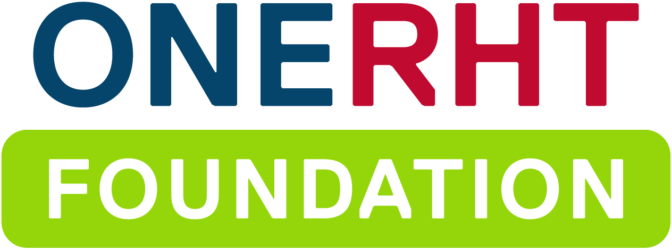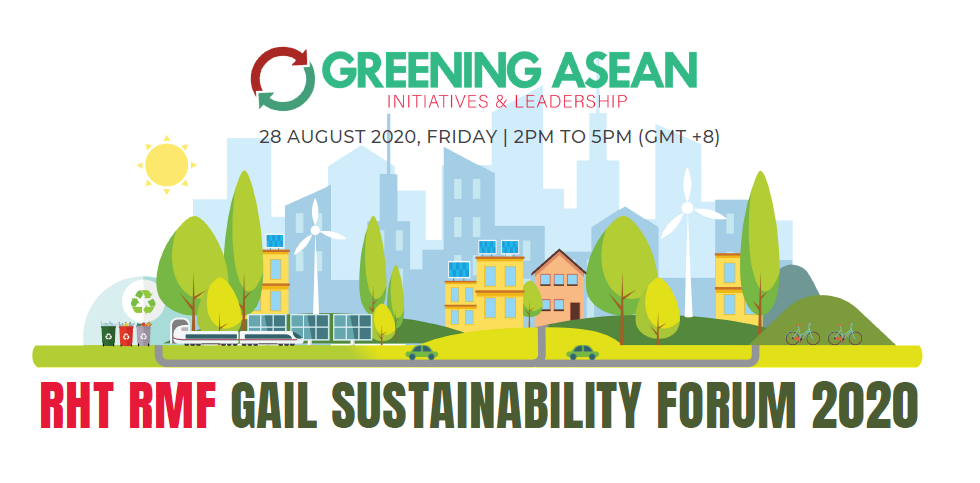RHT Rajan Menon Foundation (“Foundation”) held its Greening ASEAN: Initiatives & Leadership (“GAIL”) Sustainability Forum virtually with more than 180 individual and organisation to ensure sustainability efforts remain at the forefront amid Covid-19.
During her keynote address at the forum, Guest-of-Honour Ms Grace Fu, Minister for Sustainability and the Environment, shared several ways in which companies can pursue sustainable growth. These include adopting a circular economy approach to resource management, enhancing energy efficiency and forging industry partnerships to harness greater synergies and spark new innovations that could improve operations and processes.
She added that the government is ready to partner businesses in their sustainability journey and highlighted the grants and schemes available to help companies adopt greener systems.
Mr Tan Chong Huat, Chairman of RHT Rajan Menon Foundation, said, “As we tackle the crisis of a generation that is Covid-19, we cannot lose sight of the intensifying climate emergency that will affect generations to come. We believe awareness is half the battle and hope that our GAIL Sustainability Forum will help advance the sustainability agenda among the business community in these challenging times. We would like to thank Minster Grace Fu for sharing her insights at the forum today.”
The sustainability forum hosted insightful panel discussions to put a spotlight on success stories from businesses which are leading the way with their efforts to champion sustainable development. In addition, leaders in sustainability shared their insights on topics such as socially responsible investing, redefining consumer culture for a circular economy, carbon trading and the impact of Covid-19 on the sustainable development agenda.
Moderating the discussion titled “Circular Economy – Redefining Consumer Culture”, Mr Raymond Ang, Executive Director of RHT Governance, Risk & Compliance, said, “The tremendous plastic waste generated from takeaway and delivery food during the circuit breaker is a clear signal that our current linear economic model is not sustainable for the long term. Businesses and consumers need to rethink how products can be optimised to reduce waste and recover resources that can be channeled back into production in order to reduce pressure on the environment.”


